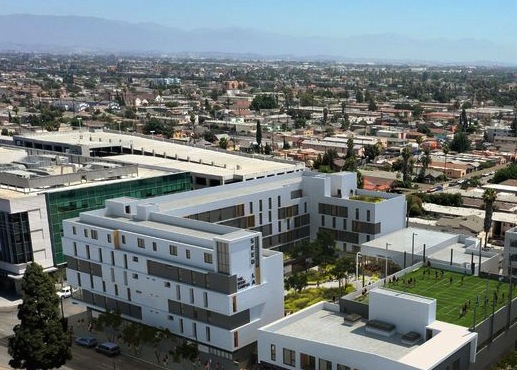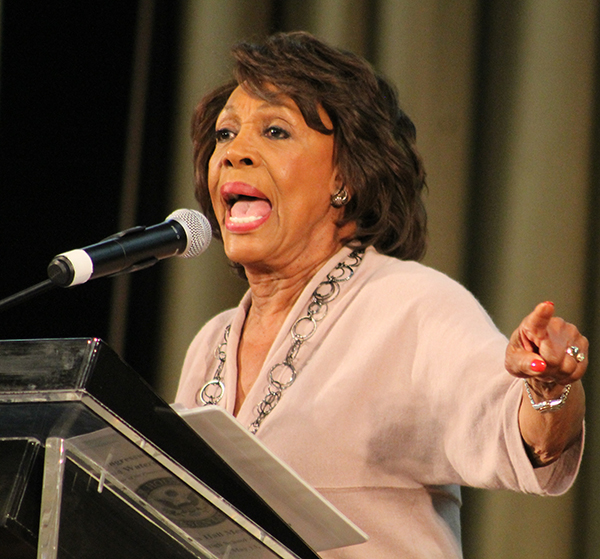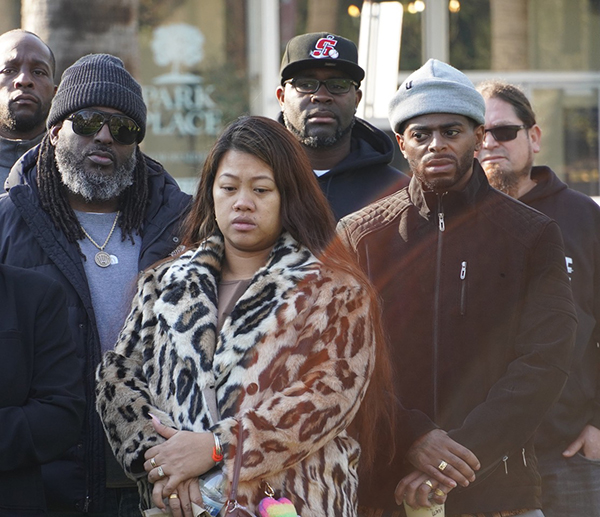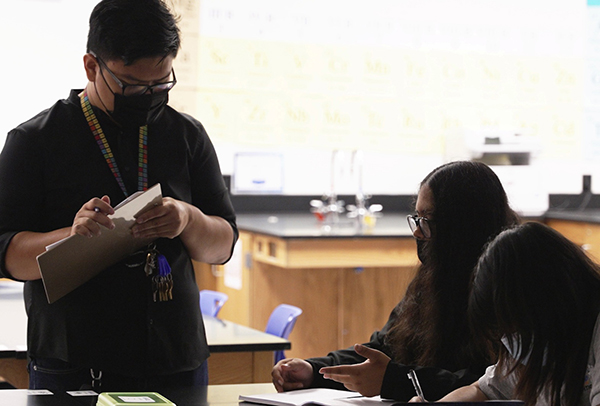Bill granting college admissions preferences passes Senate
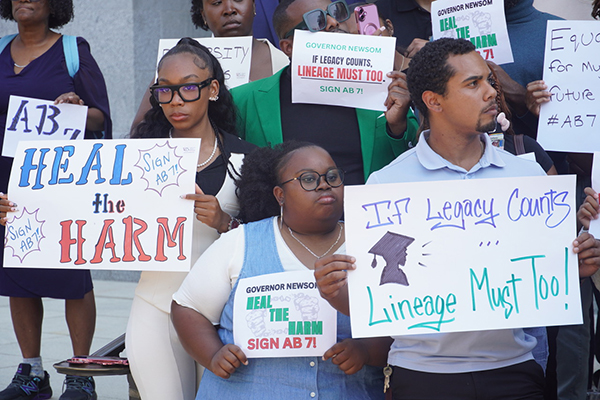
A large group of advocates and legislators supported Assembly Bill 7 7 at the California State Capitol Sept. 12. The bill, titled the “Legacy of Harm & Exclusion Consideration Act,” would allow California’s public and private colleges to consider providing admissions preference to descendants of slavery.
Photo by Antonio Ray Harvey
From California Black Media
SACRAMENTO — Two days after Assembly Bill 7 passed out of the state Senate on a 30-10 vote, about 150 people from across the state converged on the State Capitol, urging Gov. Gavin Newsom to sign the measure into law.
Newsom has until Oct. 12 to sign or veto bills passed by the Legislature this legislative session. Any measure not vetoed by that date will automatically become law.
Authored by Assemblyman Isaac Bryan, D-Culver City, the bill would allow (but not require) public and private colleges in California to offer preferential admissions to applicants who are direct descendants of enslaved people, to the extent permitted by federal law.
Following Senate concurrence, the bill was sent to the governor’s desk on Sept. 12.
A diverse group representing Black Lives Matter Grassroots, Bay Area Regional Health Inequities Initiative, the Social Justice Learning Institute, Alliance for Boys and Men of Color, University of California Student Association, California Faculty Association, and California Association of Black Lawyers attended the rally.
The support the bill has received through the legislative process has been “enormous,” Bryan said, pointing out that supporters who participated in the rally at the State Capitol were college-aged students who have shown the most engagement.
Malia Fraser is the Black student success officer for the University of California Student Association and chairperson of the African Student Union at UCLA. At the rally held in front of the State Capitol, Fraser said Black students make up about 4% of the UC and California State University system’s student population.
“Today we are fighting for a future where institutions finally reckon with their past and take steps toward repair,” Fraser said.
Opponents of AB 7 have argued that the bill violates Proposition 209 and that providing admissions preferences to descendants of enslaved people is unconstitutional.
However, the California Association of Black Lawyers defended the legality of AB 7, pointing to the bill’s lineage focus rather than race. Association President Tamara Michael said the approach is intended to stand up to legal challenges, particularly in light of federal rulings against race-based affirmative action.
“Let me be clear, (AB 7) isn’t about special treatment. It’s about restorative justice, creating a legal framework that allows our universities to acknowledge and repair historical wrongs,” Michael said. “AB 7 is a mechanism for justice. Not a handout.”
AB 7 is a key priority for the California Legislative Black Caucus and part of its “Road to Repair 2025” package — a 16-bill initiative designed to confront the lasting effects of slavery and systemic racism in the state.
The bill intends to single out a “legacy of exclusion” in education, Bryan said. The supporters of the AB 7 took their message to Newsom’s office at the State Capitol Swing Space Annex.
“Seeing 150 people go over to the governor’s office is powerful,” Bryan said. “There have been people involved all year, all across the state, and across the country. There is no reason why (Newsom) shouldn’t sign it. I’m hopeful.”

